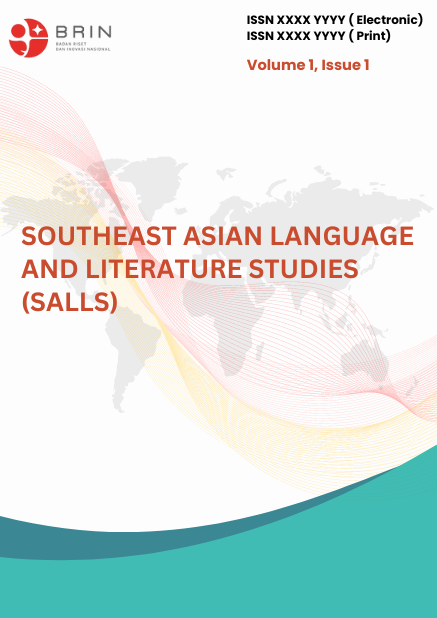Use of Ar Makr Application for Secondary School Students’ Phonetics and Digital Literacy Improvement
Main Article Content
Abstract
Recent technologies can provide new opportunities for the acquiring language and literacy skills for students. As we move into the 21st century, students learn how to become good speakers and writers of digital texts. Phonetics skill is important to be trained in English as a Foreign Language (EFL) classroom. Learning phonetics helps recognize familiar and unfamiliar sounds, improves pronunciation skills, and develops in words and sound recognition. By focusing on Pronunciation and phonetic accuracy, learners can improve their listening skills and become better at recognizing and decoding English sounds. This, in turn, improves their understanding of spoken English and contributes to raising their overall language proficiency. In this rapid development of digital technology, teachers should be creative to provide impactful and meaningful learning. Al-Azhar Cairo Bandung Islamic Secondary School is a private school in Bandung that elaborate the learning and teaching process through iPad class. The goal of this paper is to verify student satisfaction based on the improvement of student’s phonetics skills and digital literacy through the use of the Ar Makr application. It is an iPad application that shows Augmented Reality (AR) that allows users to create virtual objects using their own sketches and photos, directly placing them in the environment, and enhance the creativity of visualization animation to motivate digital literacy. The qualitative method is used in this research. To accomplish this research goal, observation, questionnaires, and interview session was conducted with the students in Al-Azhar Cairo Bandung Islamic Secondary School. The result showed that using the Ar Makr application is improving learning phonetics and building motivation in digital literacy through providing attractive and effective learning andenhancing entertainment for students. These apps arealso helping to promote more active learning in the EFL classroom.
Article Details

This work is licensed under a Creative Commons Attribution-ShareAlike 4.0 International License.
